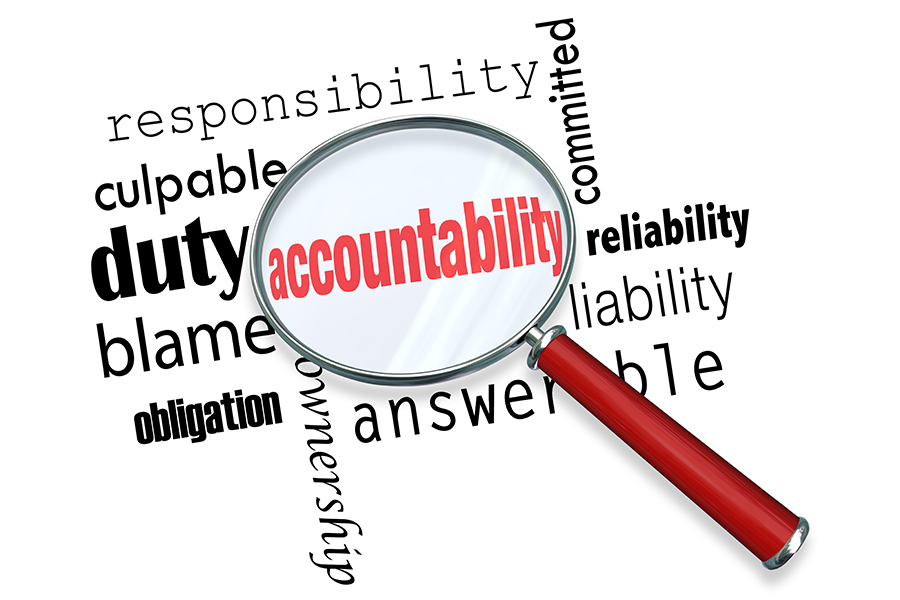Unit 3: Reporting, responding and investigations
3.9 Importance of accountability

Organisations that include a ‘zero tolerance’ statement in their policy must take the following accountability into consideration.
Accountability to survivors/victims
It is important to feedback to complainants and survivors/victims what the outcomes of their complaint were. This does not necessarily mean that organisations should share the entire investigations report or provide information that is confidential.
It is also important to remember that when managing safeguarding concerns, organisations have a responsibility to carry out all steps in response, including investigations, in a fair and impartial way. It should also be mindful that it needs to survivor-focused but not survivor-led. (see RSH Tip Sheet) [link needed]
In the case of serious safeguarding concerns for example that occurred in MercyCorps, the survivor found an outpouring of support for her ordeal and some form of justice had been met when the organisation failed to take any action at all.
The survivor and/or the Subject of Complaint they could request a review of the findings of an investigation, particularly if they are of the opinion that the investigations team failed to take into account relevant evidence and information.”
Some survivors/victims still remain unhappy with the outcome (They did nothing to protect me, Cornish 2021).
Accountability to donors
Donors require organisations to inform them of the outcome of an investigation and, increasingly, redacted versions of the investigation reports and/or executive summaries are being provided to the donor. Donors too have requested organisations to review their reports if it is found that the investigations did not follow due process or consider relevant information.
A part of donor compliance also includes the publication of safeguarding reports (under the rules of confidentiality) in Annual Reports, in an effort to increase public confidence and accountability in the respective organisation as well as the wider sector (see this example from Care International).
Accountability to regulatory bodies
Most organisations working in development or humanitarian contexts may have to be registered with their respective social welfare departments or with the Registrar of Societies in their home countries. Alternatively, they may be set up as private limited companies or social enterprises working in the non-profit or private sector.
Each of these regulatory bodies will require organisations to submit financial reports on time as well as copies of organisational policies such as their Human Resources policy to ensure that labour laws are adhered you.
In the UK, organisations who work for the welfare of people (and others) may register themselves as charities under the Charity Commissions of England and Wales, Northern Ireland or Scotland.
Safeguarding concerns must be reported to the Charity Commission by way of a ‘serious reporting incident’ and failure to ensure safeguarding actions can result in regulatory or legal action taken against it. The Commission may also require complaints to be escalated to them so that they can hold organisations accountable.
